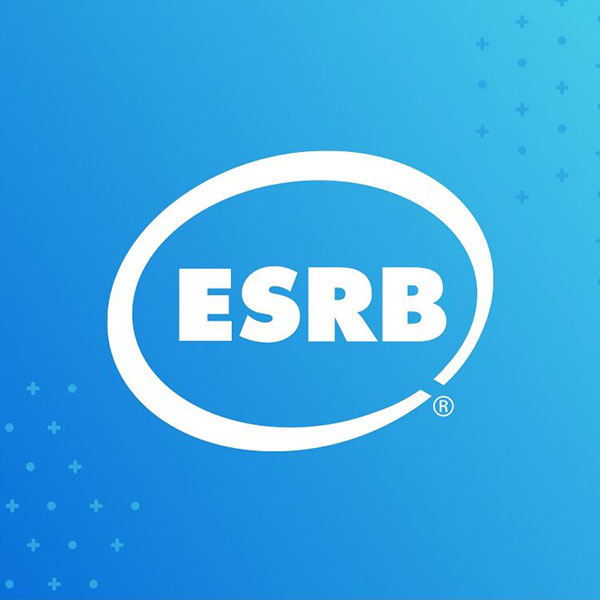

The ESRB (Entertainment Software Rating Board) has compiled this guide to help you ensure a safe holiday gaming experience for your kids. Parental controls on game consoles and devices allow you to manage your child’s gaming even when you’re not around. With these settings, you can block games based on ratings, control spending, set time limits, and restrict online communication—giving you peace of mind this holiday season.
1. Set Up Child Accounts for Each Kid
Creating child accounts on all your kids’ devices is the first and most important step. These accounts provide automatic guardrails, such as limiting data collection and managing age-appropriate content. Be sure to use correct birthdates and set up a secure PIN or strong password that only you know. Protections that come with child accounts vary from device to device, so it’s always a good idea to double check your kids’ settings to make sure.
2. Block Inappropriate Content by Age Rating
Make sure your kids only have access to games suited for their age or maturity. Virtually all consoles let you limit or block access to games based on ESRB ratings (like E for Everyone or T for Teen). Some systems even use your child’s age to automatically restrict mature content. Of course, you can also individually allow or block specific games, too!
3. Manage Screen Time Easily
Parental controls often allow you to set daily or weekly limits on video game time to make sure your kids aren’t overdoing it. When they hit their time limit, the console will automatically shut off, helping them maintain a healthy balance. Many consoles and devices also allow you to remotely extend play time or cut it off early.
4. Control Spending on Games and In-Game Purchases
Avoid surprise bills by restricting or blocking purchases on the console. Some systems even let you set up an allowance, giving your child-controlled spending while teaching them about budgeting.
5. Restrict Online Communication
Make sure your kids’ online experiences are fun and safe by managing who they interact with online. You can either block online communication entirely or allow them to play only with specific people (friends, family, etc.). Some consoles and devices allow more flexibility with these settings, so make sure to visit ParentalTools.org for more.
Create Household Rules Around Video Games
Household rules around video game play and device use help everyone in the family get on the same page – even you. Set family rules for screen time, online play, spending, picking new video games, and more. Visit the ESRB’s Family Gaming Guide for tips for starting the conversation around household rules.
7. Lock Parental Controls with a PIN
Always secure your parental controls with a PIN or password that only you (and other caregivers) know! This way, your kids won’t be able to change any restrictions or access content that isn’t appropriate.
8. Check the ESRB Ratings to Pick Appropriate Video Games.
When it comes to picking new games, ESRB’s three-part rating system is a great place to start. Rating Categories suggest the age appropriateness of a game, Content Descriptors provide more detailed information on why a game was assigned a specific rating, and Interactive Elements give parents notice on features like online communication or the ability to spend money on in-game purchases. For physical games you can also check the Rating Summary on ESRB.org or ESRB’s free mobile app for more information on the kind of content your family will find in a game. ESRB ratings are assigned to virtually all physical video games that you can purchase in stores or order online, as well as the majority of digital video games (including every game and app on the Google Play Store).
9. Check Friend Requests Regularly
If your kids are allowed to play online, monitor their friends list to ensure they’re only interacting with people they know in real life. Stay involved in their online gaming world to prevent unwanted communication with strangers.
10. Talk to Your Kids About Video Games
No one knows which games are more exciting for your kids than your kids, so go right to the source. An ongoing, judgement-free conversation around the games your kids are playing and what they’re looking forward to will give you insight into why they love certain genres or specific games. As your kids grow, you may find they’re ready for some games with more restrictive ratings or more freedom around online communication. Fortunately, no one knows your kids better than you do, and there are tools to help you customize those experiences.
For step-by-step help, the ESRB offers an easy-to-follow Parental Controls Guide for all major gaming consoles and devices. Visit the Family Gaming Guide to access this helpful resource and ensure your child’s holiday gaming experience is fun, safe, and secure!




